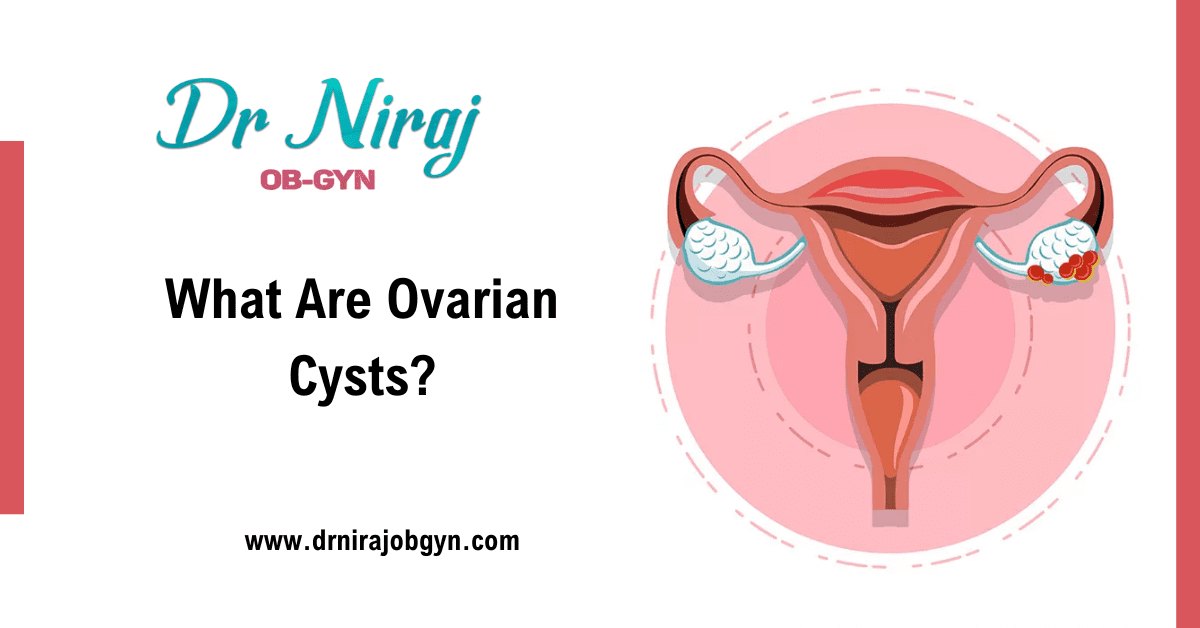
What Are Ovarian Cysts?
What Are Ovarian Cysts: In this comprehensive guide, we delve into the topic of ovarian cysts, exploring their nature, causes, symptoms, and treatment options. Ovarian cysts are a common gynecological issue that affects many women at some point in their lives.
Understanding the basics of ovarian cysts is crucial for early detection and effective management.
What Are Ovarian Cysts?
Ovarian cysts are fluid-filled sacs that develop on the ovaries, the almond-sized organs located on each side of the uterus. These cysts can form during a woman’s menstrual cycle and are generally harmless, often resolving on their own without causing any symptoms. However, in some cases, ovarian cysts can lead to complications and require medical attention.
Types of Ovarian Cysts
There are several types of ovarian cysts, each with its own characteristics and potential implications:
- Functional Cysts: These are the most common type of ovarian cysts and often develop as a result of the menstrual cycle.
- Dermoid Cysts: Also known as mature cystic teratomas, these cysts contain tissues such as hair, skin, and teeth.
- Endometriomas: These cysts form in women with endometriosis, a condition where tissue similar to the lining of the uterus grows outside the uterus.
- Cystadenomas: These cysts develop from cells on the outer surface of the ovaries.
Symptoms of Ovarian Cysts
The symptoms of ovarian cysts can vary depending on the type of cyst and whether complications arise. Common symptoms include:
- Abdominal bloating or swelling
- Pelvic pain, especially before or during menstruation
- Painful bowel movements
- Pain during intercourse
- Changes in menstrual periods
It’s important to note that many ovarian cysts are asymptomatic and are discovered incidentally during routine pelvic examinations or imaging tests.
Causes of Ovarian Cysts
Ovarian cysts can develop for various reasons:
- Hormonal Imbalances: Changes in hormone levels during the menstrual cycle can contribute to the formation of cysts.
- Endometriosis: This condition can cause the development of ovarian cysts.
- Pregnancy: Cysts can form as part of the normal process of pregnancy.
Diagnosis and Treatment
Diagnosis
Diagnosing ovarian cysts typically involves a combination of pelvic examinations, ultrasound imaging, and sometimes blood tests to evaluate hormone levels.
Treatment
The appropriate treatment for ovarian cysts depends on factors such as the size and type of the cyst, as well as the presence of symptoms. Treatment options may include:
- Watchful Waiting: Monitoring the cyst over time to see if it resolves on its own.
- Medication: Birth control pills may be prescribed to prevent new cysts from forming.
- Surgery: In cases of large or persistent cysts, surgical removal may be necessary.
Also Read:
Recognizing the Signs: When to Consult a Gynecologist
Frequently Asked Questions: What Are Ovarian Cysts
1. Do ovarian cysts go away on their own?
Yes, many ovarian cysts resolve on their own without treatment, especially functional cysts that are part of the menstrual cycle.
2. Can ovarian cysts cause infertility?
In some cases, particularly if they are associated with endometriosis, ovarian cysts can contribute to infertility.
3. Are ovarian cysts cancerous?
Most ovarian cysts are benign, but some may be cancerous. It’s important to monitor and evaluate them through appropriate medical assessments.
4. Can I prevent ovarian cysts?
While ovarian cysts cannot always be prevented, maintaining a healthy lifestyle and managing conditions like endometriosis can reduce the risk.
5. When should I see a doctor about ovarian cysts?
Seek medical attention if you experience persistent pelvic pain, especially accompanied by fever or vomiting, or if you notice sudden, severe abdominal pain.
6. What tests are used to diagnose ovarian cysts?
Diagnostic methods include pelvic examinations, ultrasound imaging, and blood tests to assess hormone levels.
Conclusion: What Are Ovarian Cysts
Understanding what ovarian cysts are, their symptoms, causes, and treatment options is crucial for women’s health. While many ovarian cysts are harmless and resolve on their own, it’s essential to seek medical attention for persistent symptoms or complications. Early diagnosis and appropriate management can help prevent potential complications and ensure overall well-being.
Also Read:
Discovering the Symptoms of Uterine Fibroids: Understanding Women’s Health

